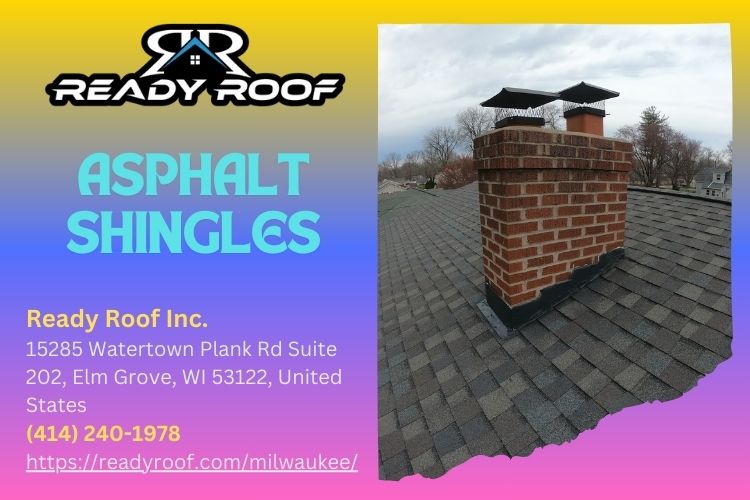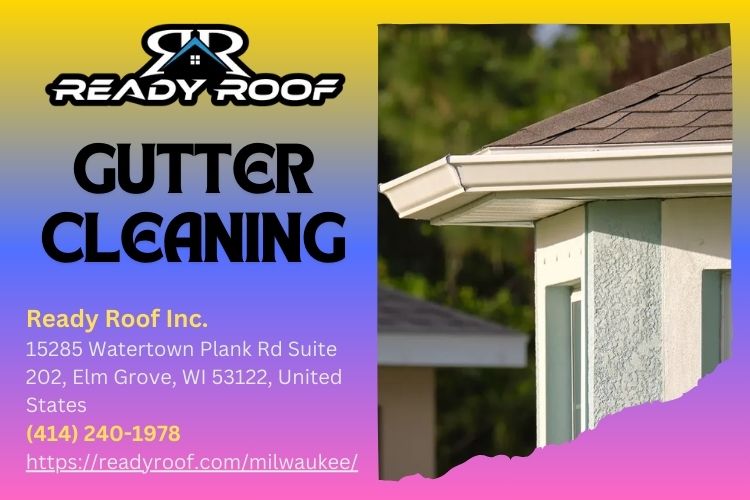Introduction
When it comes to home improvement, roofing is often overlooked. However, the roof plays a critical role in protecting your home from the elements and maintaining its structural integrity. Choosing the right roofing material is essential, not just for aesthetics but also for durability, energy efficiency, and overall value. This article aims to guide you through the various types of roofing materials available today, providing insights that you can discuss with your contractor. Whether you're considering a new installation or a replacement for your existing roof, this guide will help illuminate your choices.
Understanding Different Types of Roofing Materials with Your Contractor
The roofing material you select largely depends on several factors including climate, budget, aesthetic preferences, and the structure of your home. In this section, we’ll explore various types of roofing materials available in the market today.
1. Asphalt Shingles
Asphalt shingles are among the most popular roofing materials in North America. They are affordable, easy to install, and come in various colors and styles.
1.1 Advantages of Asphalt Shingles
- Cost-Effective: Generally less expensive than other materials. Versatility: Available in different styles. Easy Installation: Can be installed quickly by most roofing contractors.
1.2 Disadvantages of Asphalt Shingles
- Lifespan: Usually lasts around 15-30 years. Susceptibility to Weather: Can be damaged by high winds or hail.
As you discuss options with local roofing contractors, make sure to ask about the quality ratings of asphalt shingles they recommend.
2. Metal Roofing
Metal roofs have gained popularity due to their longevity and modern aesthetic appeal.
2.1 Advantages of Metal Roofing
- Longevity: Can last over 50 years. Energy Efficiency: Reflects solar heat which can reduce cooling costs.
2.2 Disadvantages of Metal Roofing
- Cost: More expensive upfront compared to asphalt. Noise Concerns: Can be noisier during rainstorms or hail.
If sustainability is important to you, metal roofs are often recyclable at the end of their life cycle.
3. Wood Shakes and Shingles
Wood shakes offer a natural look that’s hard to beat but comes with unique maintenance considerations.
3.1 Advantages of Wood Shakes and Shingles
- Aesthetic Appeal: Provides a rustic charm.
3.2 Disadvantages of Wood Shakes and Shingles
- Maintenance Requirements: Needs regular treatment against pests and rot. Fire Risk: Less fire-resistant compared to other materials.
Discuss these pros and cons with your roofing contractor company for tailored Roofing Company advice based on your location's climate.
4. Clay Tiles
Clay tiles are popular in Mediterranean-style homes due to their durability and distinctive appearance.
4.1 Advantages of Clay Tiles
- Durability: Lifespan can exceed 100 years.
4.2 Disadvantages of Clay Tiles
- Weight: Heavier than other materials; may require additional support.
Consider asking your contractor if clay tiles are suitable for your existing structure before making a decision.
5. Slate Roofing
Slate roofs represent luxury and elegance but come with a hefty price tag.
5.1 Advantages of Slate Roofing
- Longevity: Can last over 100 years when properly maintained.
5.2 Disadvantages of Slate Roofing
- Costly Installation: Requires specialized skills for installation.
Discuss budgeting options with your contractor as slate may not fit every homeowner’s financial plans but could offer long-term savings through durability.

FAQs About Roofing Materials
Q: What’s the best roofing material for my house?
A: The best material depends on climate, budget, style preference, and longevity needs—consulting local roofing contractors can provide personalized recommendations.
Q: How long do different roofing materials last?
A: Asphalt shingles last about 15–30 years; metal roofs can last over 50 years; clay tiles often exceed 100 years; wood shakes may last 20–40 years depending on maintenance; slate roofs can also last over 100 years.
Q: Are there energy-efficient roofing materials?
A: Yes! Metal roofs reflect solar heat effectively while clay tiles provide natural ventilation benefits that can improve energy efficiency.
Q: How much does it cost to install a new roof?
A: Costs vary widely based on material choice, labor rates in your area (check 'roofing contractors near me'), and home size—averaging between $5,000-$15,000 for standard installations.
Q: Do I need a permit to replace my roof?
A: Yes! Most municipalities require permits for any significant roofing work—check with your local building authority or discuss this with your contractor company beforehand.

Q: How do I maintain my roof?
A: Routine inspections every year or after severe weather events are crucial—clean gutters regularly and look for signs like missing shingles or rust spots on metal roofs.
Conclusion
Selecting the right type of roofing material isn't just about aesthetics; it's about function, longevity, cost-effectiveness, and how well it suits your lifestyle needs. As you navigate through these options—be sure to consult experienced professionals like Ready Roof Inc., who specialize in providing tailored solutions based on individual requirements.
For more information or questions regarding specific types of roofs or other concerns related to roof installations:
Contact Us
Ready Roof Inc.
Address: 15285 Watertown Plank Rd Suite 202, Elm Grove, WI 53122, United States
Phone: (414) 240-1978
By understanding different types of roofing materials with your contractor's expertise at hand, you're setting yourself up for success in this crucial investment for your home!